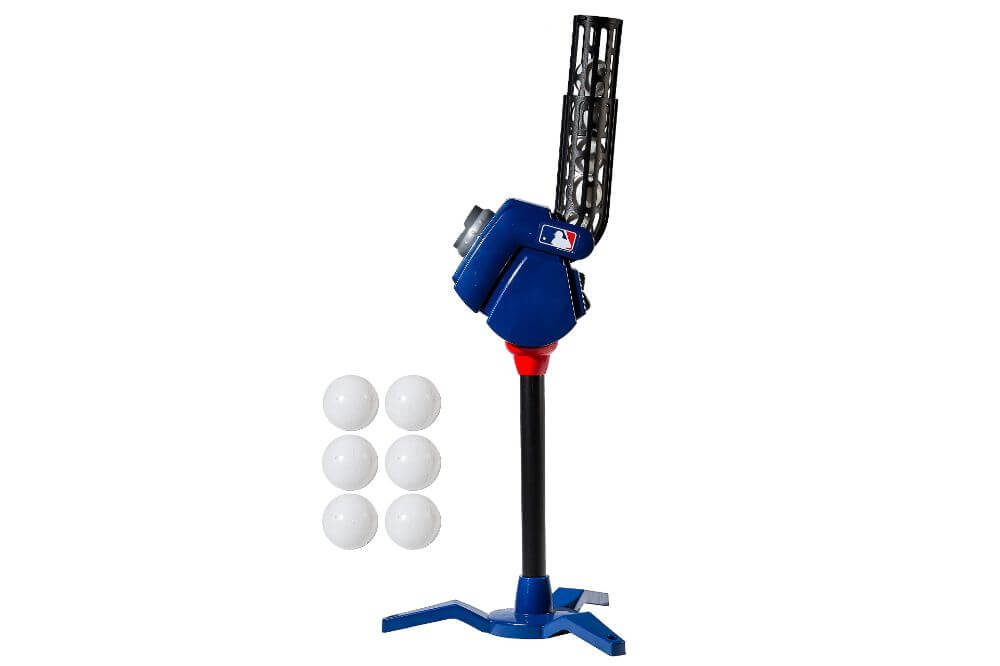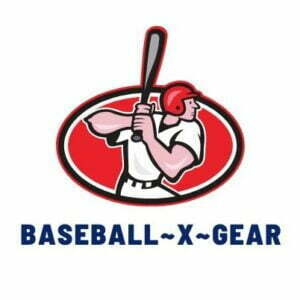If you have ever played little league or high school baseball, you will remember – maybe not so fondly – of having to practice with a pitching machine. Love them or hate them, pitching machines can make a big difference in training baseball players of every skill level and grouping, regardless of age.
Pitching machines are available in various types, each with its performance rating, cost, and popularity to be considered. Two of the big names are Atec vs Heater pitching machines. But is one better than the other? And what factors would need to be considered when comparing them?
The Benefits of Pitching Machines
Pitching machines have been around for centuries. Used to train beginner baseball players in Little Leagues to help even the most seasoned pros to prepare for upcoming games, it is undeniable that pitching machines are an essential tool for any baseball player.
Let’s look at the benefits of pitching machines and why every baseball team should use one:
1. A pitching machine allows players to train on their own, focusing on their strengths and weaknesses without a coach glaring down at them.
2. Using a pitching machine can help improve your game and skill level without expensive training methods and expensive equipment.
3. One can set the variable speed and vertical pivot functions to pitch curveballs, screwballs, and palm balls, which are popular baseball pitch styles.
4. For beginners, the pitching machine can help even the youngest of players get used to the ball.
5. If timing is an issue, a pitching machine can be set to various speeds, allowing the player to improve their timing, batting average, and overall form when playing the game.
How to Choose the Best Pitching Machine
Pitching machines vary in price, the material they are made from, the performance, and the practicality of the machine. If you are hunting for a new pitching machine, there are a few criteria that you can use to compare pitching machines and select the one to suit your needs:
#1: Wheels
If you want a pitching machine that can move around from one area to the next, your best bet is a pitching machine with wheels. These benefit from independent speed controls, and the wheels are either hard rubber or pneumatic, allowing for movement over any terrain.
#2: Balls
If you are a coach that trains various age groups in the game of baseball, a machine that can handle a range of balls is ideal. Also, consider how many balls the cylinder can hold at one time.
#3: Power Source
The majority of pitching machines operate at around 1000 watts. These require a reliable power source in a wall plug or a generator. Take note of any manufacturer preferences of generators to avoid damage to your pitching machine.

#4: Pivot and Swivel functions
If your pitching machine can pivot and swivel, that is, move up and down and left to right, you have a winner. These functions widen the playing field, allowing the player to experience what a real baseball game would be like, preparing them for any eventuality.
#5: Switch vs. Remote
While some pitching machines have to be manually adjusted according to your preferred settings, some machines come with a remote. This is especially useful for training alone.
#6: Cost
One should always consider the cost if you buy a pitching machine. If you are using it solely for training or home use, a cheaper, less durable pitching machine will suit your training needs ideally. For use in leagues, clubs, and for pros, an expensive, durable, multi-function machine is ideal and should be considered as it will last for many years.
While there might be other factors to consider, these are the most common and most-searched-for criteria when choosing a pitching machine. Ensure that the machine you choose suits both your needs and your budget.
Are Pitching Machines Replacing Proper Coaching?
There will always be a group of nay-sayers who would like nothing more than to toss pitching machines into fiery pits of hell. But most, and this is based on much research, most professional baseball players, coaches, and trainers use pitching machines.
These machines allow players to practice more efficient drills, boosting skill development and progress. Batters and outfielders can use it to improve their form and gameplay considerably.
Atec vs Heater Pitching Machines
Two of the top names in pitching machines today, the Atec and Heater brands, are the most popular brands in terms of sales and market share. But which is better? Based on certain criteria, which machine comes out tops?
The material used for the body of the pitching machine
- The Atec is made from durable steel, ensuring protection from wear and tear and long-term use.
- The Heater pitching machine is made from plastic and metal and, while sturdy, will not last as long as the Atec in this regard.
Performance
- Atec is known for its accurate, reliable performance. It can be used for various training functions and is the most popular name in pitching machines.
- The Heater is a reliable piece of equipment but is not known for accuracy when pitching balls.
Skill level
- Atec is more popularly used among the league and professional players. It is currently endorsed as the official pitching machine of the MLB.
- The Heater is a perfect starter pitching machine that is great for the lower levels, such as little league and high school.
Cost
- The Atec is one of the most expensive pitching machines currently on the market. Buying one of these will set you back thousands of dollars.
- If you buy a Heater, you are buying a good machine at a reasonable price. Prices of the Heater are more in the hundreds.
Conclusion
If you compare the Atec and the Heater based on the criteria discussed above, the Atec is of a higher quality and price but would be more suited to professional players. The Heater, however, is good value for money for use in clubs, schools, and smaller leagues.
Cost should not be the only comparison when choosing between two brands of pitching machines. All the criteria and factors we have gone through are essential and should be considered when choosing a pitching machine.
Thanks for stopping by ~Jeremy
